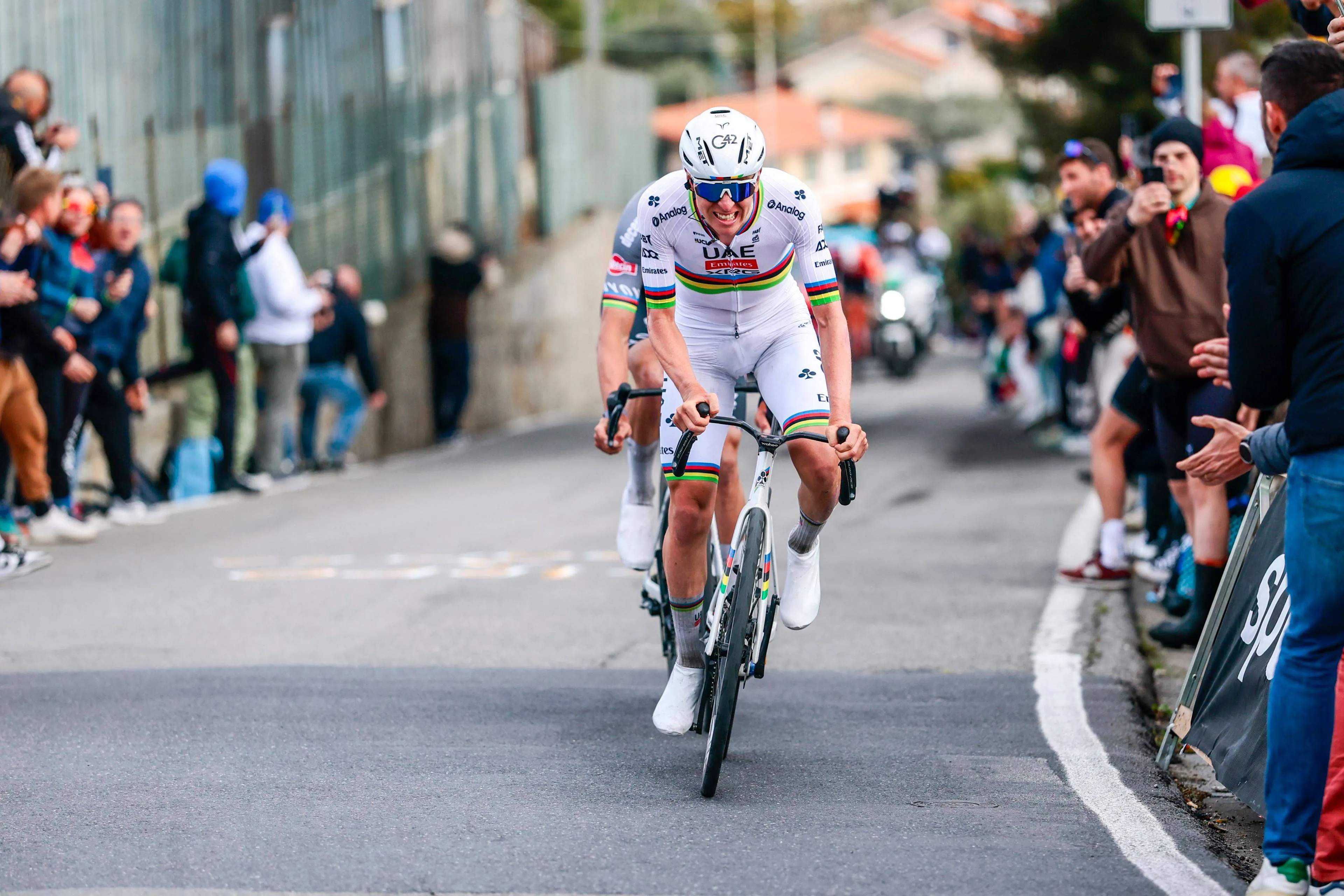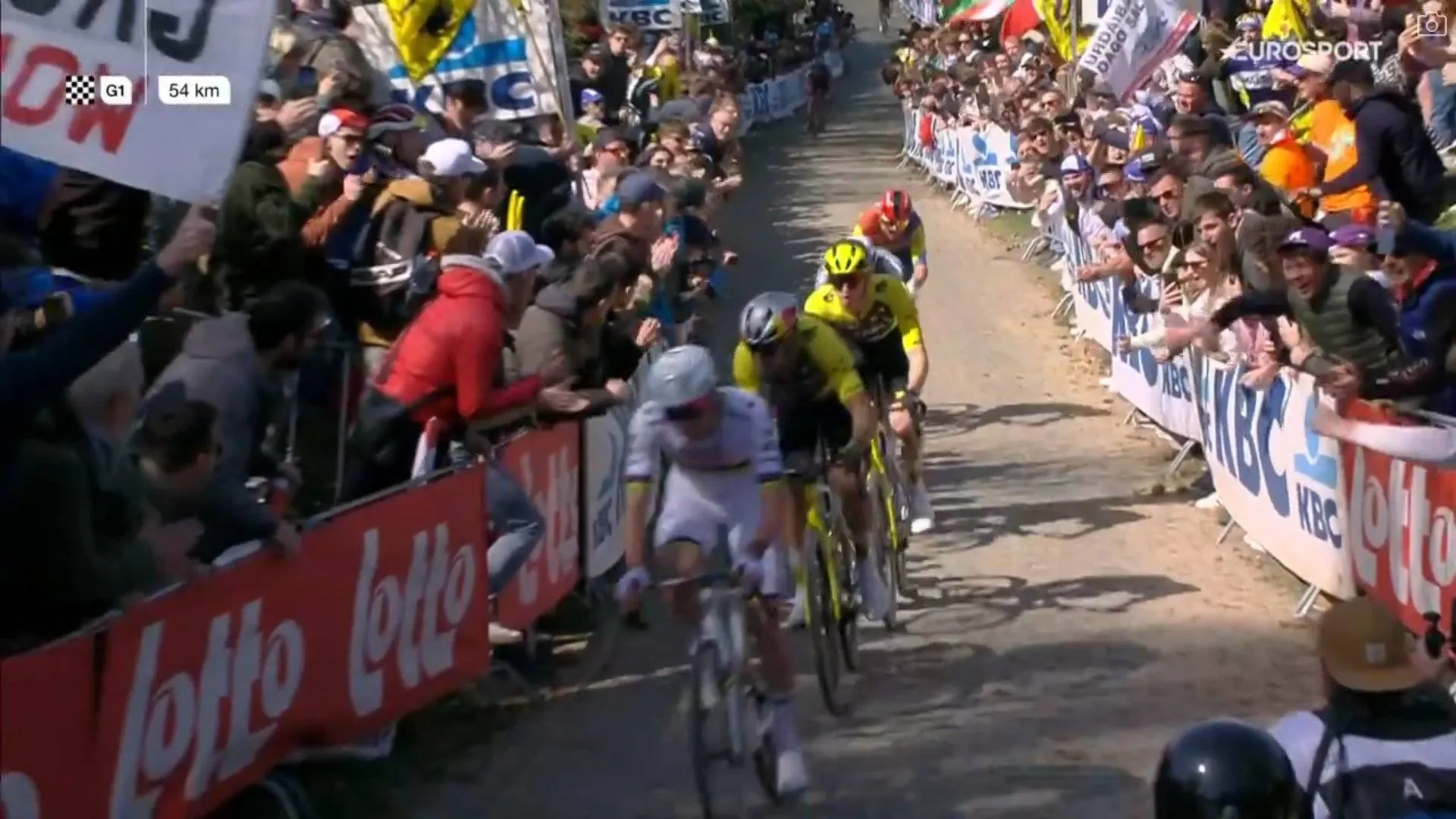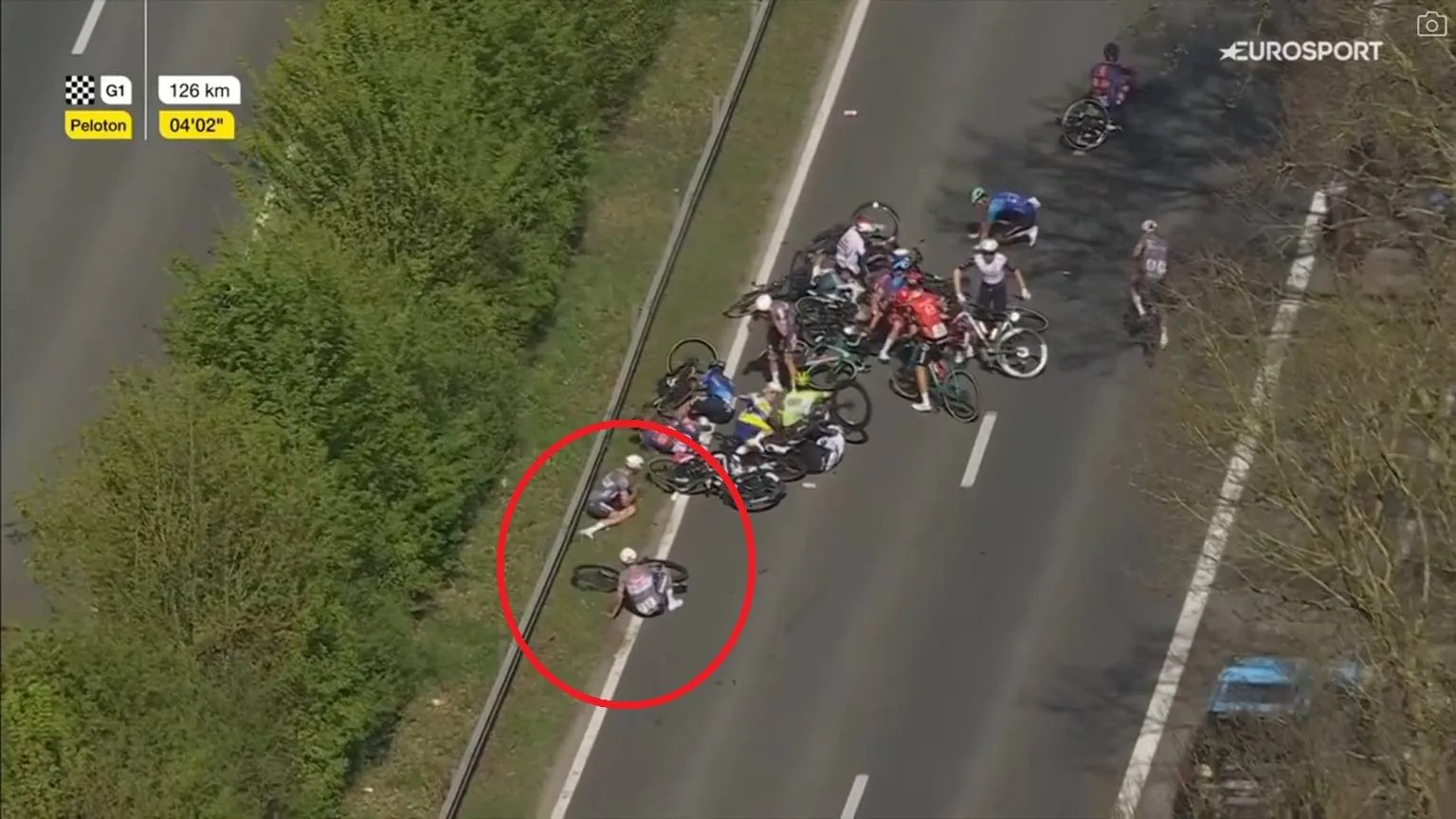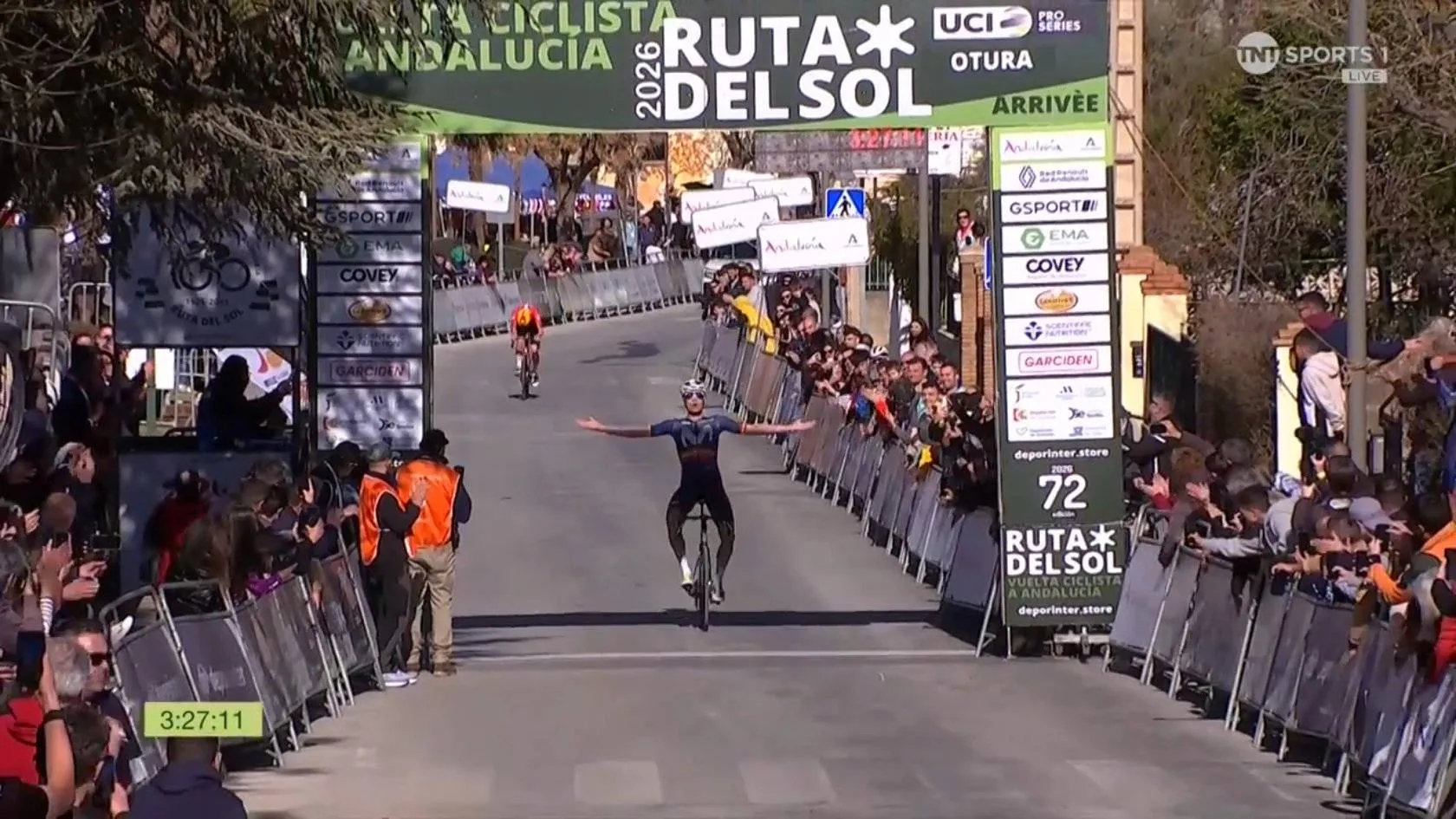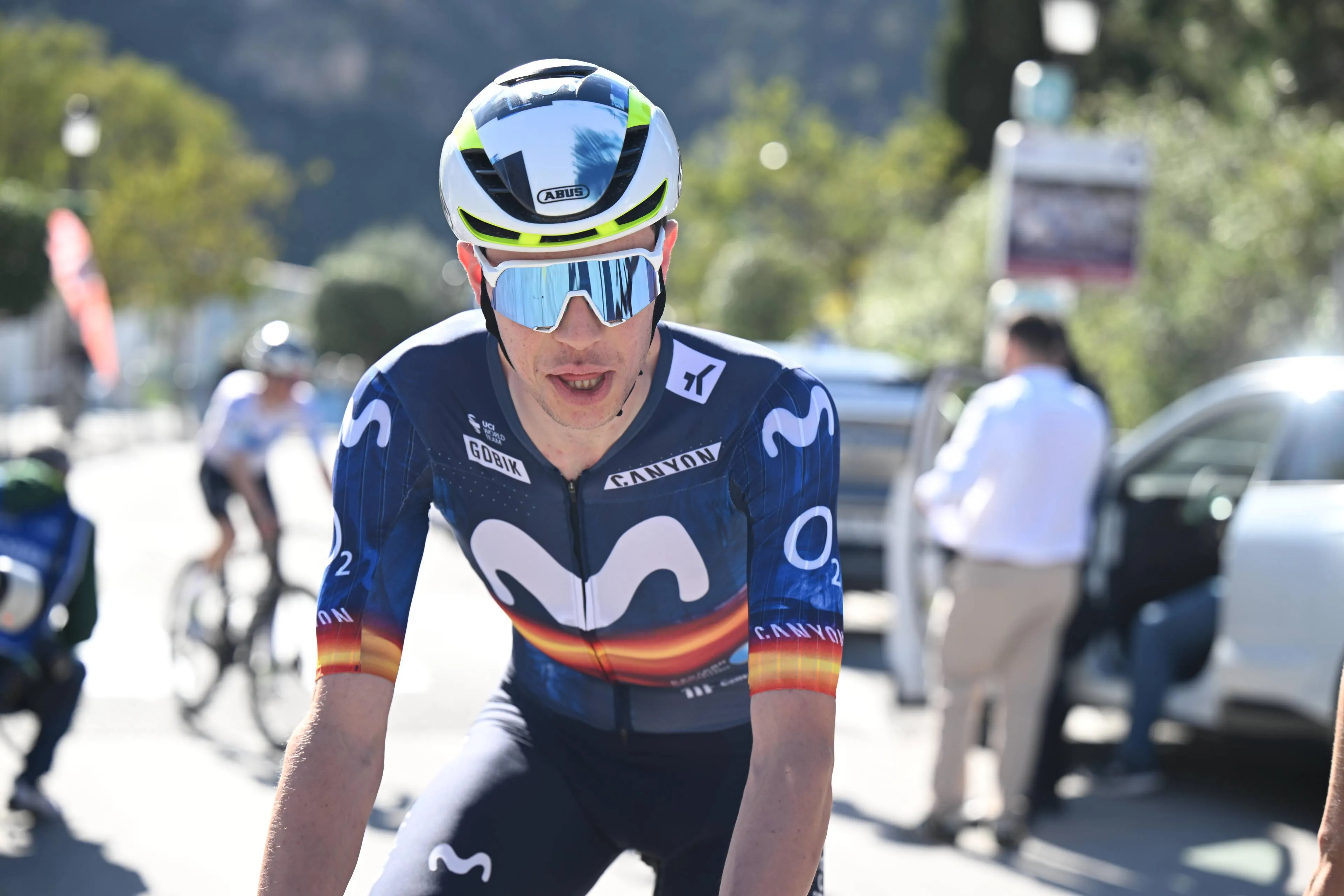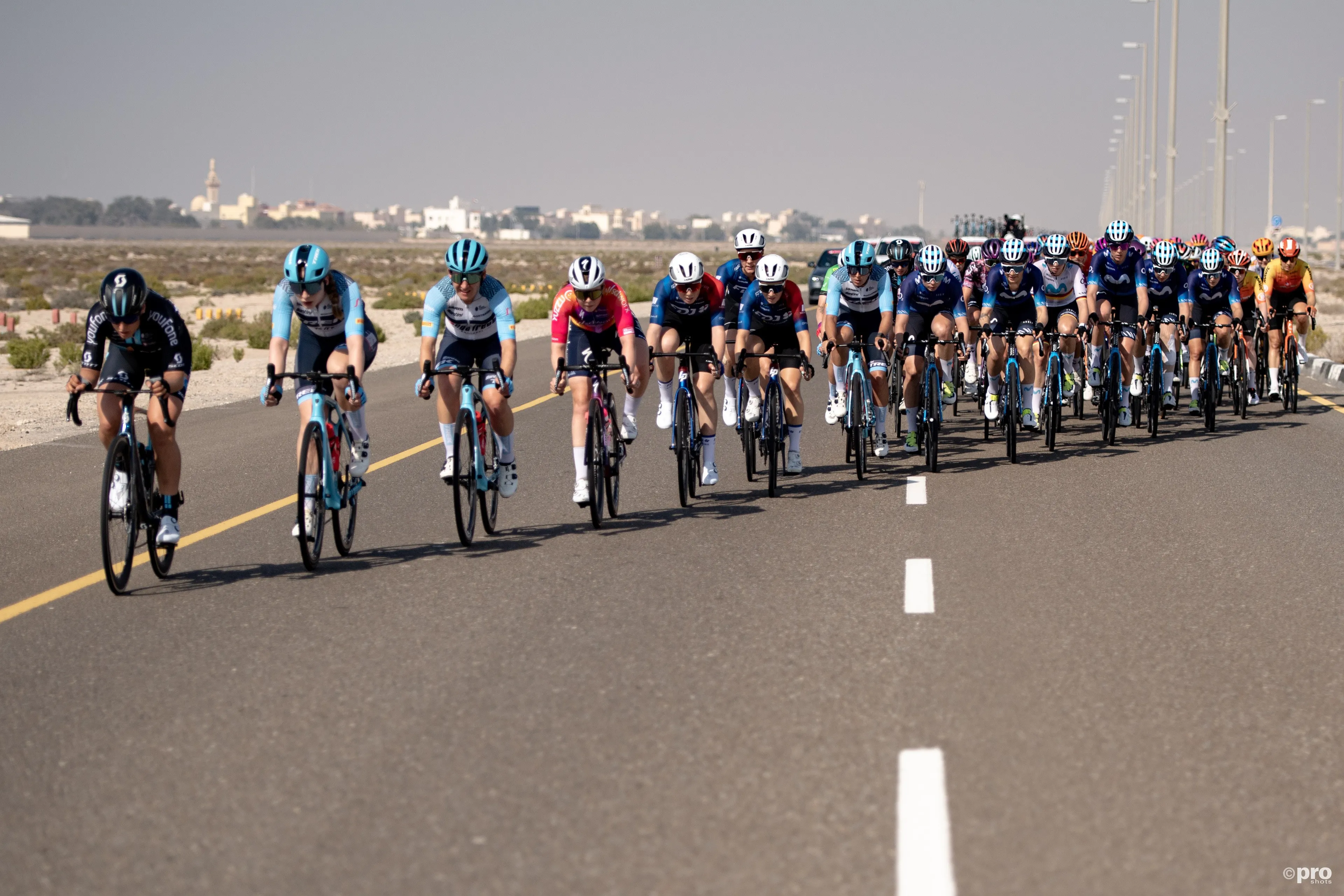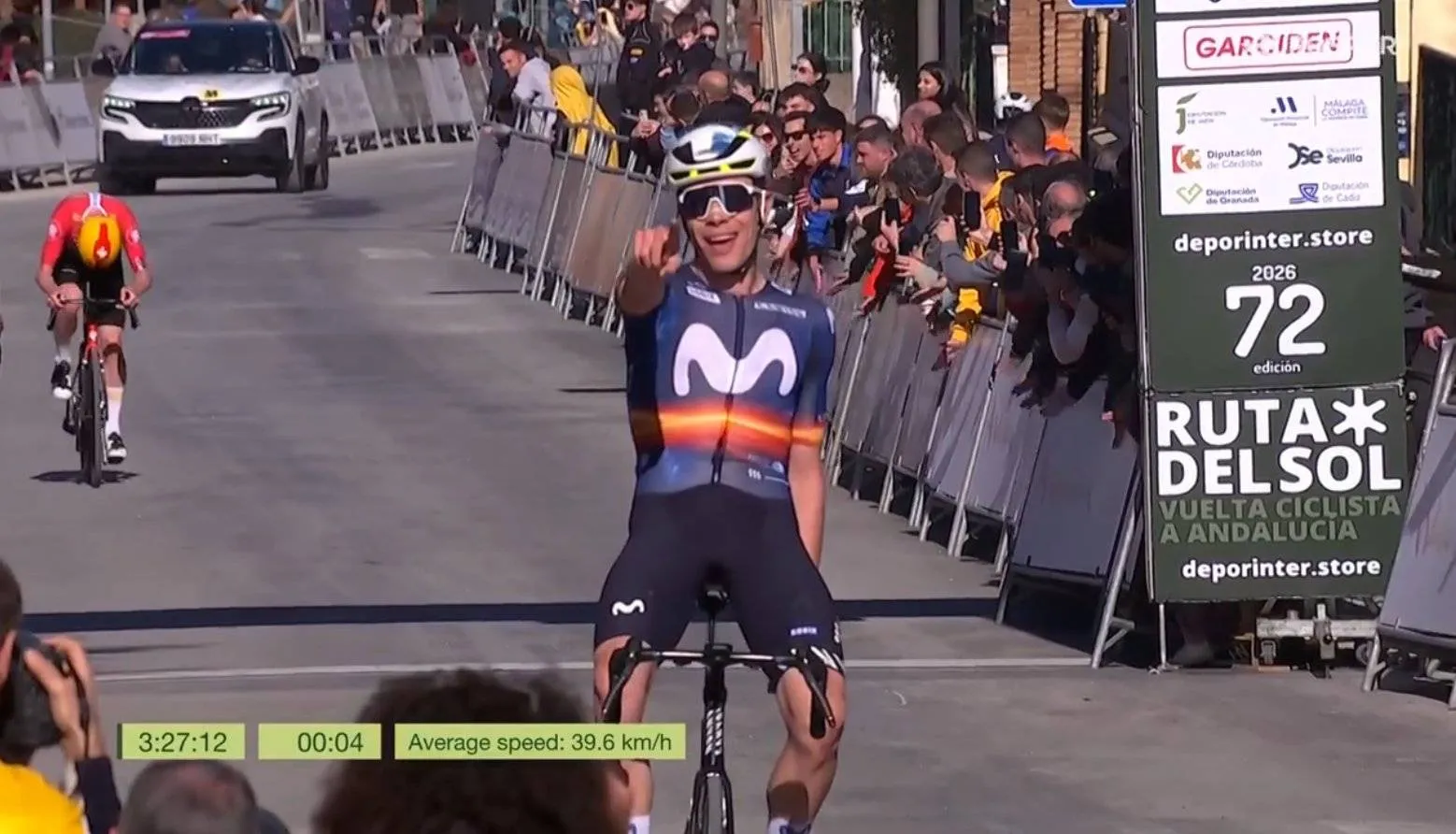Steff Cras returns to the scene of horror crash at Itzulia Basque Country: "I can erase the negative things that happened there"
CyclingMonday, 07 April 2025 at 07:00

Next week, the peloton heads to the Basque Country for one
of the most demanding and unpredictable stage races on the calendar: Itzulia
Basque Country. Last year’s edition was marked by a high-profile crash that
sent shockwaves through the sport, taking out three of the sport's biggest
stars, Jonas Vingegaard, Remco Evenepoel, and Primoz Roglic, as well as
29-year-old Steff Cras of TotalEnergies.
Cras was among the worst affected. The Belgian suffered a
perforated lung, a broken rib, and eight fractured transverse processes in his
back, injuries that left him sidelined for months and cast doubt over his
future in the sport.
Read also
Now, a year later, Cras is preparing to return to the very
race that nearly ended his career. Speaking to Sporza, he revealed what
this comeback means to him.
“The intention is for me to return to this race so that I
can erase the negative things that happened there,” he said. “I'm going there
with a sense of revenge to get that good feeling back, especially for the
future when we go to the Basque Country again in the Tour of Spain. I want to
turn the tide next week for the rest of my career.”
Remarkably, Cras says he no longer feels the physical or
psychological impact of the crash. His return to racing has been steady, and
mentally, he remains resilient.
Read also
“It's not that I'm more afraid to take a descent on the bike
or to position myself. I'm very happy that this didn't drag on.”
At TotalEnergies, changes in team strategy have also
affected his approach. This year, the team has adopted a policy of announcing
rider selections at the last minute, a move Cras believes is intended to keep
riders alert and prepared.
“I think it's a new approach from the team to keep all the
riders sharp. For example, for Paris-Nice I only knew a week in advance that I
had to go there. That's annoying to be able to prepare myself properly.”
Read also
Looking ahead to next week’s race, Cras is under no
illusions about the challenge. The Basque Country offers a different course
every year, with punishing terrain and chaotic finales.
“Every year in the Basque Country we are presented with a
different course. The key to this race lies mainly in the final stage. Crazy
things usually happen there.”
He knows that decisive moments can come late and intends to
seize any opportunity that presents itself.
“It will be important to be really great on the last day and
to try something else. Often it is those days when you risk everything or
nothing that you can still climb a lot of places or possibly have a chance of
winning a stage.”
Read also
claps 0visitors 0
Just in
Popular news
Latest comments
- Minor flaws.... thats like suggesting Genghis Khan was a bit aggressive with other countriesslappers6619-02-2026
- Then you carry on if that's what makes you happyslappers6619-02-2026
- Fabio cannot catch a break.mij19-02-2026
- OK, today is the "air conditioner"... yesterday was a cramp... on saturday a bee will sting him in his tongue... his tongue will swell up and mustafa gets no oxygen. Because of his swollen tongue, Remco won't be able to give us a new excuse. Remco and the spanish rat Ayuso should be on the same team. They both have a ton of excuses and both of them are liars. Ad acta.Mou-Cro-HR19-02-2026
- Florian Lipowitz is secretly happy
 Rafionain-Glas19-02-2026
Rafionain-Glas19-02-2026 - The crucial thing to remember is that Remco was broken by the pace of Gall and Tiberi, not Del Toro's. Remco's excessive antics are because he doesn't want anyone to think that he's 'genuinely' struggling. You can always say 'he got cramps' because 'his preparation didn't go to plan', but the thing is that there is a limit to the number of excuses and exceptions that there can be. Eventually everyone just accepts that he's reached his ceiling on the climbs.
 Rafionain-Glas19-02-2026
Rafionain-Glas19-02-2026 - Bahraini suspicious..Santiago19-02-2026
- The problem is, a British 'boss' opening the gates, when the native workers not wanting them!
 leedorney19-02-2026
leedorney19-02-2026 - Who is overrating him on climbs? Everyone knows since ages it’s his weakness and needed years of work. Question us if he can do enough about it. For sure he won’t be able to improve his TT enough to compensate.Mistermaumau19-02-2026
- What do you call only seeing someone’s positives?Mistermaumau19-02-2026
Loading
Write a comment
